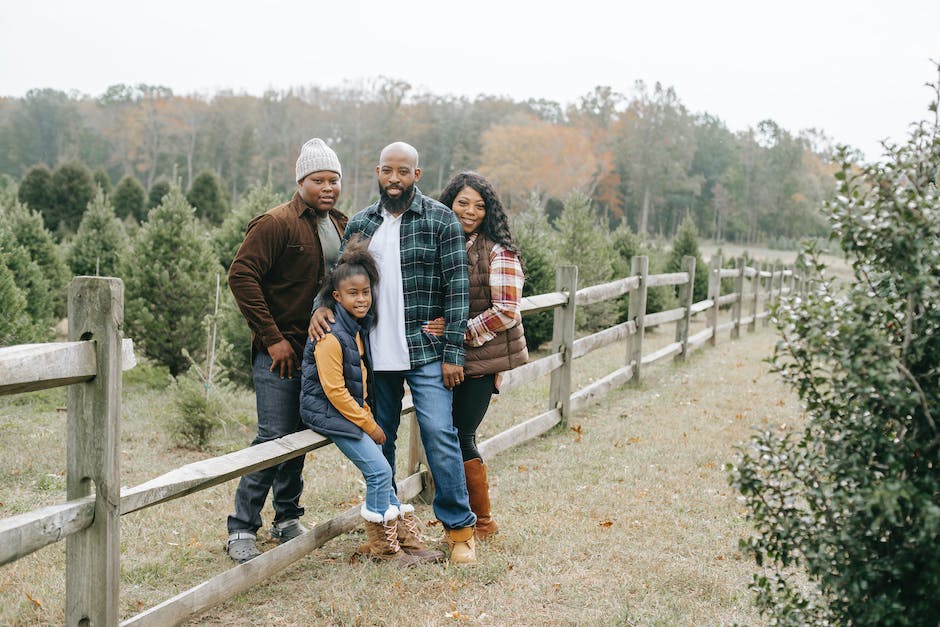It doesn’t matter whether you’re dealing with minor or major issues in your family, family therapy is proven to improve youth mental health outcomes. It helps build strong relationships and improves your overall family dynamic. With all of these benefits, family counseling should definitely be in your toolbelt.
What kind of therapy activities can you expect to experience when you get started, though? Read on to learn about some of the most effective activities for family therapy!
1. Family Questioning
One of the very first things you’ll do in family therapy, whether you’re dealing with child behavioral issues or separation, is family questioning. In this activity, your therapist presents the family with a series of different questions, and each family member responds to the questions.
This helps the therapist and family members get comfortable with each other and identify the areas in which family members share the same values. It’s also a valuable tool for discerning where conflicts are coming from.
2. The Emotions Ball
This interactive activity is great for families who are struggling with children who are experiencing anxiety or depression. Your therapist takes a beach ball and writes down different emotions on each panel of the ball. These emotions include sadness, joy, anger, and loneliness.
Each family member throws the ball to each other. When you catch the ball, you look at the emotion that’s facing you and describe your memory of the last time you experienced that emotion.
3. Family Genogram
The family genogram is a take on traditional forms of genealogy. Instead of drawing a family tree, you and your family members map out your family’s emotional connections and feelings towards each other. Your therapist will use this to help your family discern where sources of tension are coming from and how your family can resolve and heal from them.
Expect to use things like colors and symbols to map out your family connections. It’s a really enlightening activity that’ll help you learn how your children perceive you and your relationships.
4. The “What-If” Game
If you’re one of the 23 percent of Americans seeking therapy, the “what-if” game might be something to look forward to. In this game, your therapist places a number of questions in a bowl. Each member takes turns drawing questions and responding to the prompts.
This game helps your family members develop a deeper knowledge of each other and how you react to different situations.
Bring Healing with These Activities for Family Therapy!
Going through struggles within your family is easily one of the most difficult things to manage. Thankfully, you don’t have to manage things all on your own. Engaging in these activities for family therapy will help you develop a better understanding of each other and have you on the road to recovery in no time.
Finding a kind and supportive family therapist in the Bay Area doesn’t have to be difficult. The team at Honor Your Emotions is prepared to help you navigate the most complex of family dynamics. Contact us today to learn more about the benefits of family therapy!


